Black’s Law Dictionary, 1st Edition, page 791:
In practice. An occasional application to a court by the parties or their counsel, in order to obtain some rule or order, which becomes necessary either in the progress of a cause, or summarily and wholly unconnected with plenary proceedings.
A motion is a written application for an order addressed to the court or to a judge in vacation by any party to a suit or proceeding, or by any one interested therein. Rev. Code Iowa 1880. § 2911; Code N. Y. § 401.
In parliamentary law. The formal mode in which a member submits a proposed measure or resolve for the consideration and action of the meeting.


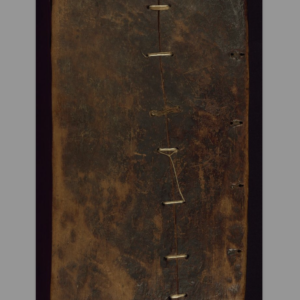
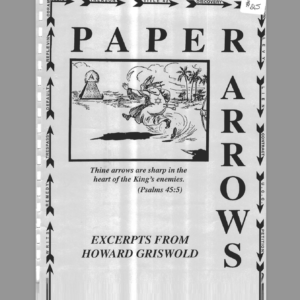
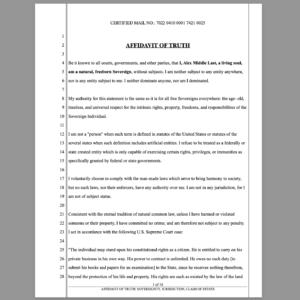
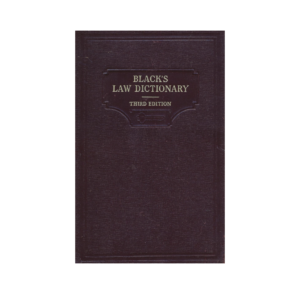
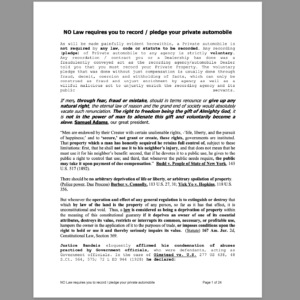

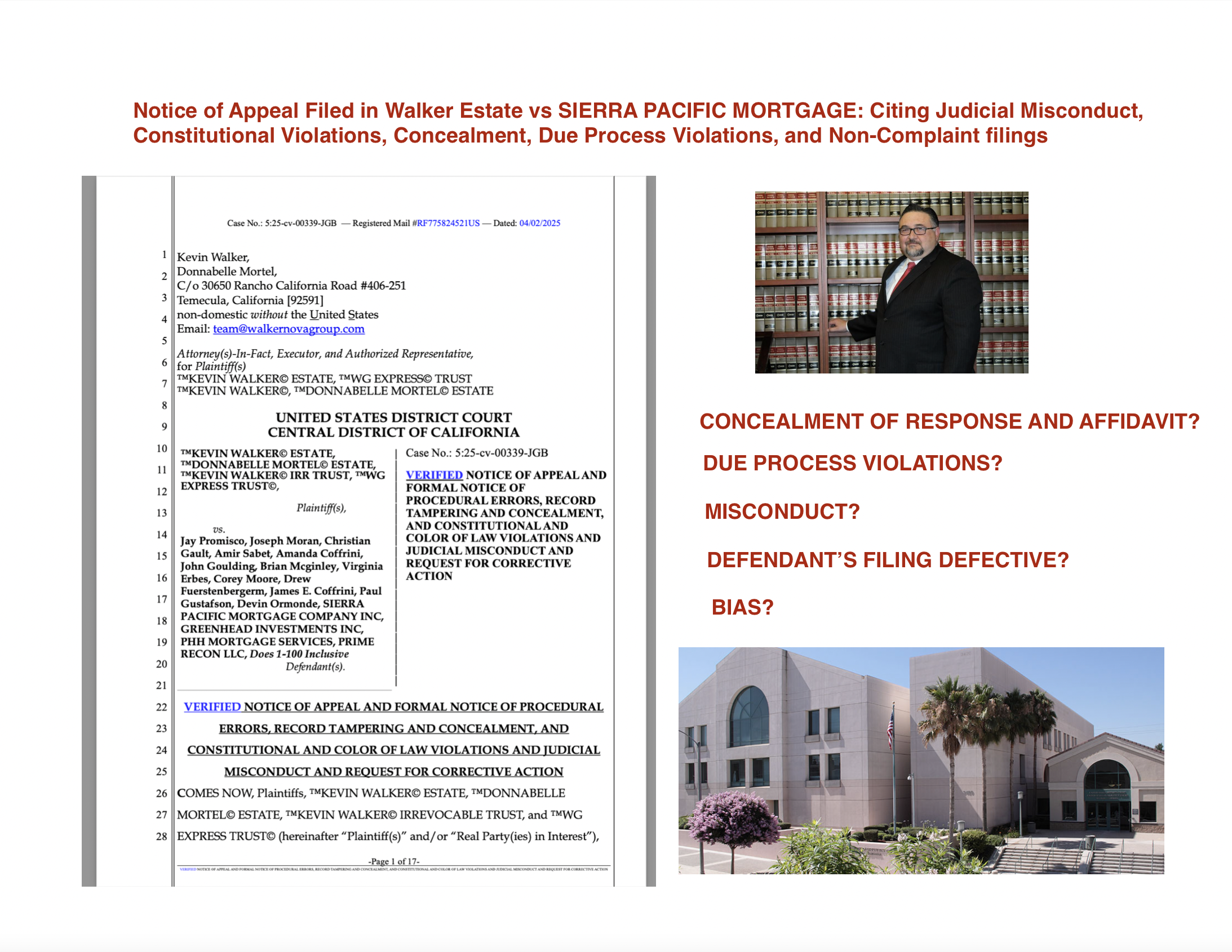

Recent Comments